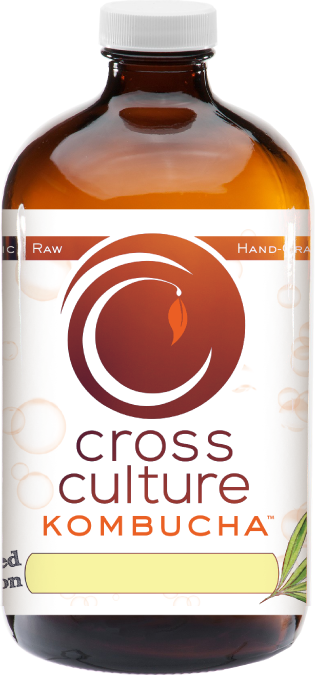Published in Edible Nutmeg, Spring 2018 edition
Eight years ago, Ian Ceppos decided to stop drinking alcohol and start living a healthier lifestyle. Although he did not realize it at the time, it was a decision that would ultimately place him and his wife, Liz, on an entrepreneurial path.
As many startup founders will attest, lifestyle changes or milestone events can be catalysts for innovation. Interacting with a familiar product or service from a fresh point of view can reveal previously unnoticed flaws or even a void in the market. In Ian’s case, his commitment to a sober life soon led to frustration with the dearth of non-alcoholic beverage choices that social gatherings generally had to offer. “I got tired of drinking seltzer water and cranberry juice, or ‘fill-in-the-blank’ juice,” says Ian. “I longed for something more sophisticated than soda or seltzer, but my options were limited.”
Soon thereafter, a friend suggested he try kombucha. Ian liked it, and his curiosity was piqued. Liz’s brother later showed up at their home with two wine bottles filled with homemade kombucha. “It was quite good,” Ian recalls. “I thought that if he could make good kombucha, maybe I could too.”
Kombucha is a fermented and naturally carbonated tea drink. Despite the fact that it is fermented, it contains only trace amounts of alcohol. Its precise origin is unknown; some say it first appeared as recently as 200 years ago in east Russia, while others claim it is of Manchurian origin, dating back 2000 years. Its popularity in the United States began in earnest during the 1990s, as word spread of the drink’s general health benefits. Fermention of the tea requires a live culture called a “SCOBY” (symbiotic culture of bacteria and yeast). Ian procured a culture and began experimenting in his home kitchen. “My first batches of kombucha were garbage, pure vinegar,” Ian says. “Liz gets the credit for making our first good batch.”
For the entire article, click here.


















Leave a comment